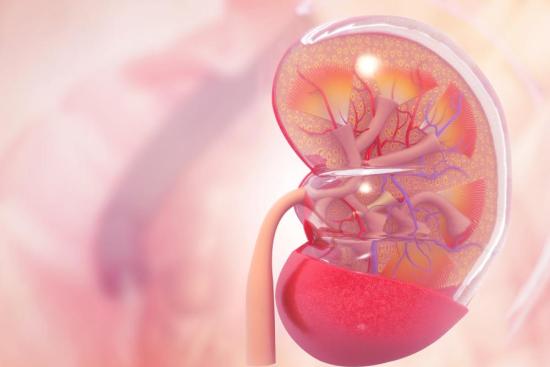Being told that you may need a nephrectomy, or kidney removal surgery, is never easy. The thought of losing a kidney can feel overwhelming. Yet, for many patients, this procedure is vital to protect their health, relieve pain, and sometimes save their lives. Thanks to modern advances, nephrectomy today is safer, less invasive, and offers quicker recovery than ever before.
With Turquie santé, patients benefit from internationally accredited hospitals, experienced urologists, and state-of-the-art surgical techniques.
Kidney removal surgery costs in Turkey
The cost of kidney removal surgery in Turkey starts from $5 000 depends on several factors, including:
- Type of surgery: Total, partial, or robotic-assisted procedures.
- Hospital and surgeon's expertise: Leading hospitals and experienced surgeons may influence the overall cost.
- Pre- and post-operative care: Additional tests, imaging, and follow-up visits.
With Turquie Santé, you can receive a free, personalized quote tailored to your individual situation. Our team will also guide you through all aspects of your treatment, including planning your stay and arranging support services, so you can focus entirely on your recovery.








